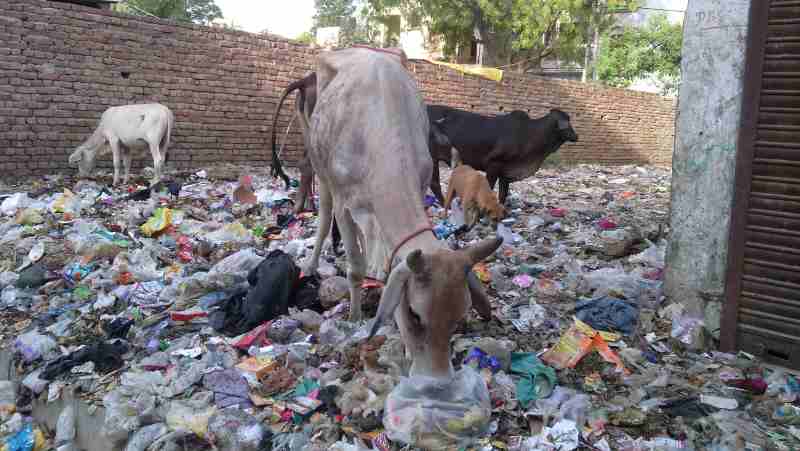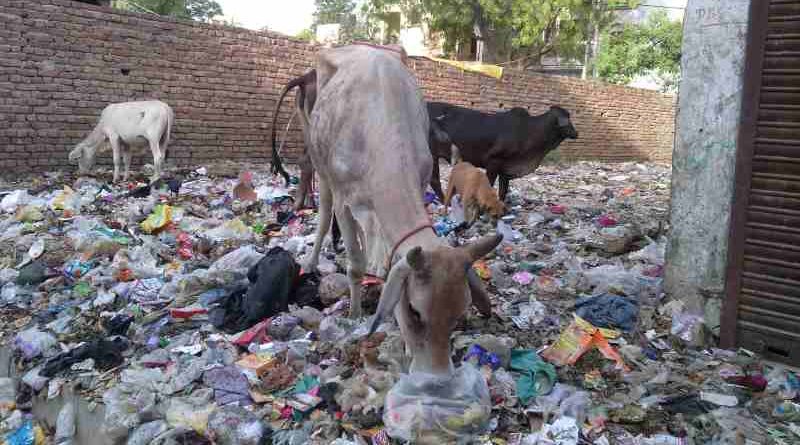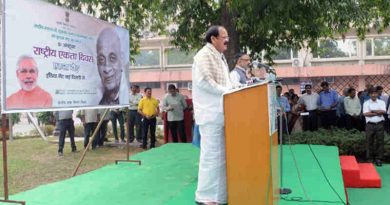Urban Affairs Ministry Launches the City Beauty Competition

Urban Affairs Ministry Launches the City Beauty Competition
The Ministry of Housing & Urban Affairs (MoHUA) in India has launched the ‘City Beauty Competition’ and the portal for the competition was made live by the Ministry on April 26, 2023.
Urban Local Bodies (ULBs) across the country can participate in this competition through an online process. According to the Ministry, the objective of the competition is to encourage and recognize the transformational efforts made by cities and wards across the country to create beautiful, innovative and inclusive public spaces.
Under this competition, wards and public spaces in cities would be judged against five broad pillars: (i) accessibility (ii) amenities (iii) activities (iv) aesthetics and (v) ecology.
The competition would felicitate the most beautiful wards and public spaces in the cities. While selected wards would be felicitated at the city and State levels, the top most beautiful public spaces in the cities under four categories including Waterfronts, Green spaces, tourist/heritage spaces and market/commercial places would first be felicitated at the State level and the shortlisted entries would thereafter be considered for National level awards.
[ VIDEO: Participate in the City Beauty Competition ]
The last date for participating in the ‘City Beauty Competition’ is July 15, 2023. The participating ULBs can submit the required data/documents (including photographs, videos, presentation and self-reported baseline information) through the online facility created on the competition site.
Administrative Staff College of India (ASCI) as the knowledge partner will provide handholding support to the wards / ULBs / States in this exercise.
The City Beauty Competition, according to the Ministry, provides a unique opportunity to the wards and cities to showcase their interventions towards creating beautiful public spaces.
The competition would promote heritage and culture, sustainable communities and ecological conservation and would also encourage peer learning among states and cities.






